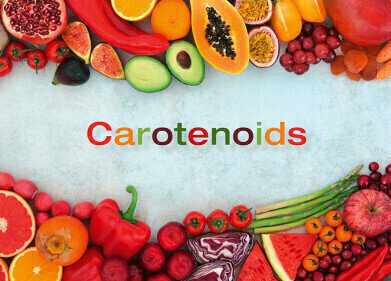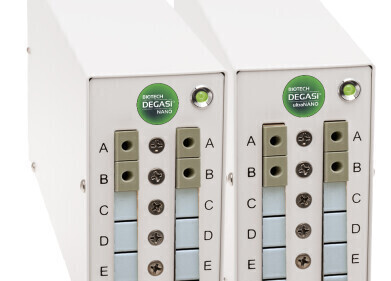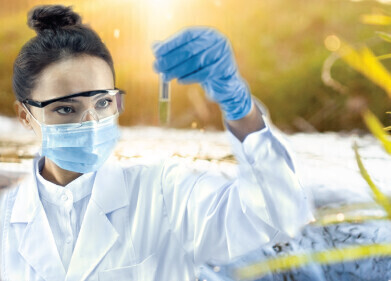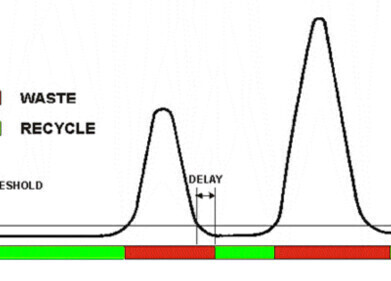HPLC, UHPLC
Is Legalised Cannabis Really Safer than Illegal Cannabis?
May 15 2015
Over the past couple of years, attitudes towards cannabis have been changing – especially in the US. Colorado and Washington were the first two states to legalise the drug and extensive medical marijuana schemes exist in California.
Now that you can buy the drug from your local chemist as opposed to a dark alley or shady street corner, you’d probably expect the product to be more thoroughly tested and safer. However, alarming research indicates that this might not be the case.
Unregulated Product
Two different experiments conducted by separate news organisations in California and Colorado came up with the same disturbing results. In both cases, the news agencies purchased more than $500 worth of cannabis from registered and licensed vendors, then had them tested in their independent laboratories.
In both cases, the cannabis strains were almost unanimously found to be weaker than the advertised strength on the label. In one particular case in the Californian study, a brand that was advertised as containing 100mg of THC actually contained only 1.3mg – a whopping discrepancy of 98.7%!
Just as concerning, the samples were also found to contain significant traces of mould, pesticides and toxins. Though not fatally dangerous in an immediate capacity, these are still substances which are not desirable to have in your body – and which were not warned about on the product’s label.
Tied up in Red Tape
The reason why extensive product regulation and quality control doesn’t take place? The bizarre American legal system. The so-called “war on drugs” classifies cannabis as a “Schedule 1 Narcotic,” which means there is a federal law against anyone conducting extensive research or testing on the product. This includes the Food and Drug Administration (FDA) – the very body which were set up to regulate the quality control of all products.
“Because of the federal status of cannabis right now, those federal agencies that do all of that monitoring are not allowed to do it,” explained Don Land, professor of Chemistry at the University of California, Davis. “I don't buy anything that hasn't been tested. I don't buy aspirin from someone on a street corner. I go to a pharmacy,” he emphasised, underlining the fact that with cannabis, there really isn’t much difference in quality assurance between the two.
Chromatography Could Hold the Answer
Gas chromatography has long been used in detecting and quantifying the compositional makeup of all sorts of intoxicants and drugs, thereby determining their potency. Indeed, the practice is even being considered for use in standardised drug testing, which could help in court cases, workplace spot checks, side-of-the-road police stops and sporting events. Such a practice would remove the need for the invasive and undignified urine test.
So why can’t it be used in cannabis quality control? Better yet, why can’t ultra-high performance liquid chromatography (UPLC) be employed, since it offers far better precision and efficiency? Clearly, the status of cannabis as a legal drug in America is in its infancy, but better controls need to be put in place – and soon.
Digital Edition
Chromatography Today - Buyers' Guide 2022
October 2023
In This Edition Modern & Practical Applications - Accelerating ADC Development with Mass Spectrometry - Implementing High-Resolution Ion Mobility into Peptide Mapping Workflows Chromatogr...
View all digital editions
Events
Apr 28 2024 Montreal, Quebec, Canada
May 05 2024 Seville, Spain
May 15 2024 Birmingham, UK
May 19 2024 Brno, Czech Republic
May 21 2024 Lagos, Nigeria














